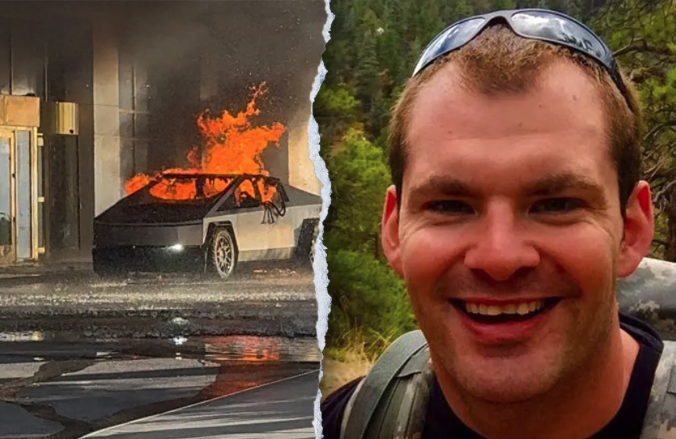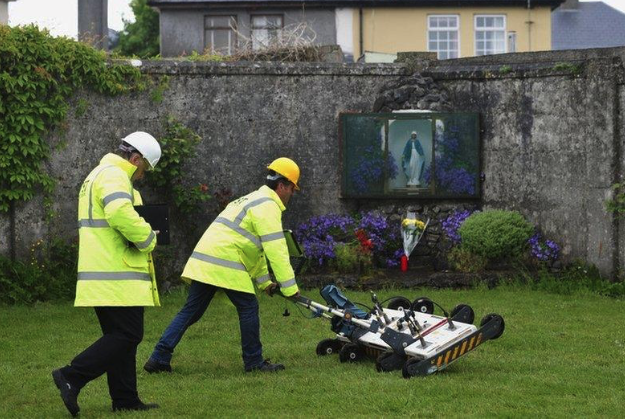Sadly, another one bites the dust.
We’re zeroing in on a story that’s been making waves in San Francisco, a city known for its iconic landmarks, tech-driven economy, and, unfortunately, some daunting social issues.
In a move that’s sent ripples through the community, Macy’s flagship store in Union Square, a staple of San Francisco retail for 77 years, announced it’s shutting its doors. This isn’t just any closure; it’s part of a larger strategy to close 150 locations nationwide over the next three years. But there’s more to the closer of the iconic location—the reason behind the closure isn’t what you might expect, or at least, not what’s officially on record.
Workers at the Union Square store have pointed to a rampant issue that’s been plaguing the city: shoplifting. Daily incidents have seen thieves making off with blazers, wallets, and packs of underwear, turning the sixth-floor men’s department into a hotspot for losses. Steve Dalisay, a 20-year veteran at Macy’s, didn’t mince words when he said leadership, starting with the mayor, needs to step up and address the city’s tolerance for such activities.
Despite these challenges, the store’s closure will be a gradual process, expected to complete over the next three years. Yet, the sentiment among employees is clear—they believe theft and dwindling foot traffic are key factors driving this decision. High-value items like Ralph Lauren Polo, North Face, and Levi’s are particularly targeted, underscoring a broader issue affecting the city’s retail environment.
Mayor London Breed, amidst a challenging re-election campaign, has faced criticism over her handling of the city’s economic downturn, homelessness, and drug overdose crises. Despite her personal connection to Macy’s as a San Francisco native, the response on social media has been largely critical, with many attributing the city’s declining downtown and business exodus to her administration’s policies.
The closure of Macy’s is emblematic of a larger trend affecting San Francisco. From Starbucks to Nordstrom, businesses are re-evaluating their presence in the city amidst concerns over crime, drug use, and homelessness. Valencia Street, once a booming strip of culinary delights, now reflects a waste land.



